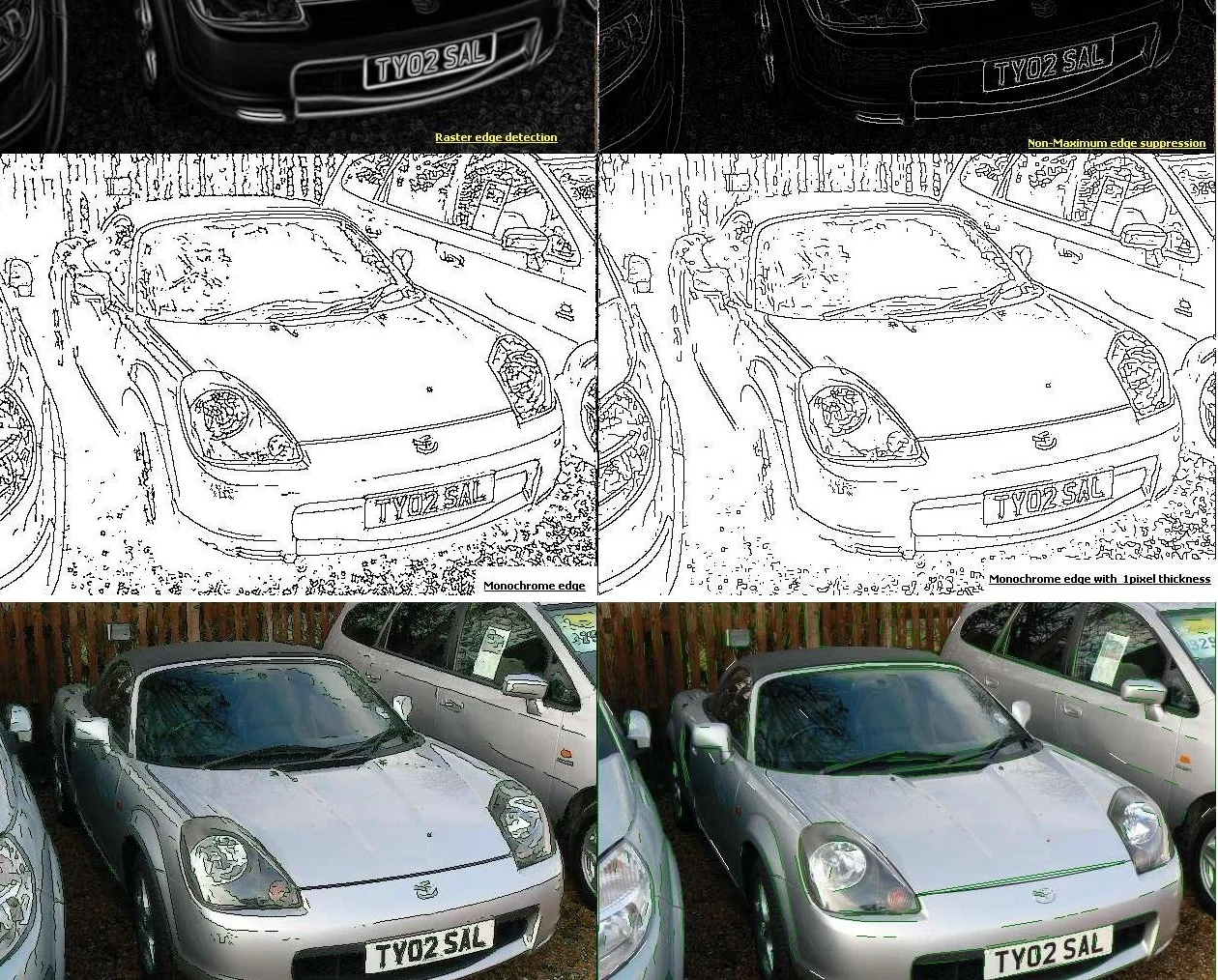Workplaces are adjusting to life under lockdown by holding meetings via videoconference — and the U.S. Supreme Court is no exception.
Read MoreDon't miss Dave's interview next week (11/19) with filmmaker Lynn Novick, whose new documentary explores higher education from the perspective of incarcerated people.
In place of another interview this week, we're taking a moment to clear our backlog of listener questions, new developments in stories we've covered, and show news.
Read MoreThe law makes heroin, cocaine, and meth illegal according to their defined chemical structures. But what about drugs made from synthetic compounds, which can be changed with a tiny tweak in a clandestine lab? Can the law just say "close enough?"
Read MoreFollowing a string of bank robberies, Portland police put together a photo lineup of suspects -- including one man whose mugshot had been digitally manipulated to remove prominent facial tattoos that were not present on the robber's face as described by witnesses and as shown on surveillance video. Can they do that?
Read MoreA dystopian scene in London, where police are deploying facial recognition cameras on streets and issuing citations to passersby who don't consent to be scanned. Is this our future?
Read MoreUsing ubiquitous traffic cameras that can read license plate numbers, cities are building automated surveillance networks that indiscriminately scoop up data on the movements of individual vehicles. When an Automatic License Plate Reader (ALPR) system sees a plate that matches one in a police database, officers are dispatched -- sometimes with guns drawn. These systems have shockingly high error rates. What could possibly go wrong?
Read MoreWhen policing has a major crisis – the 1980s crime wave, or the killings of unarmed black men by police in 2014 and 2015 – we often grab for a high-tech fix. But technology seldom becomes the silver bullet we hope for. Our guest has put this trend under the microscope. We talk with veteran investigative journalist Matt Stroud about his new book, Thin Blue Lie: The Failure of High-Tech Policing, published in April of 2019.
Read MoreAn algorithm can't be racist, right? As it turns out, facial recognition software trained and tested mostly on white people is really good at identifying race and gender... as long as you're white and male.
Read MoreTechnological change is disrupting seemingly every field. How will it impact criminal justice systems around the world in the future?
Read MoreThere were high hopes for police body cameras in the wake of Ferguson. But three years later, have they lived up to the hype? A new study says no.
Read More









